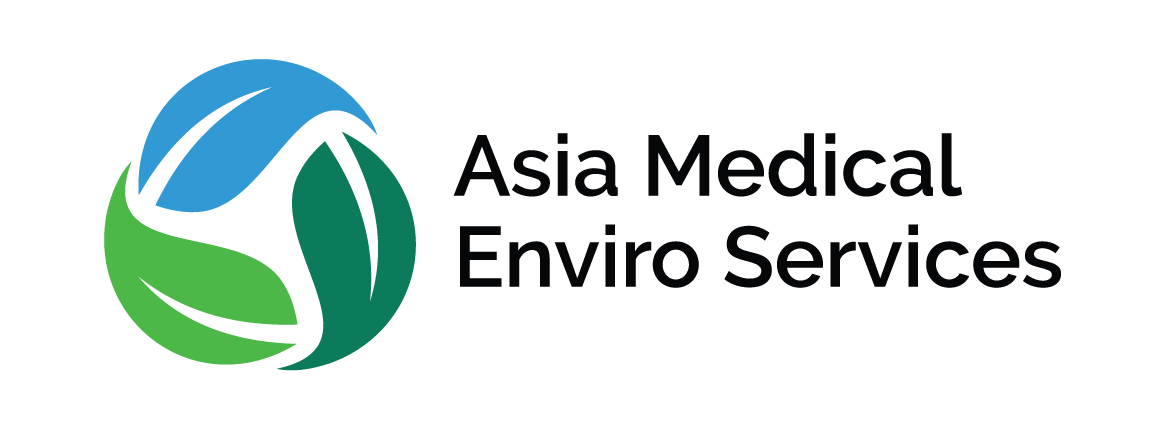
Portfolio: Dymon Asia and AMES
20/10/2022
For all the hubbub about digital businesses taking flight during the pandemic, few categories saw as much upside as traditional medical waste disposal. Dymon Asia Private Equity is enjoying the ride
Dymon Asia Private Equity acquired Singapore-based UEMS, a regional hospital management business, in 2014. It grew EBITDA more than 3x and exited two-and-a-half years later, generating a 6.9x return and and a 102% IRR. The experience set up a carve-out of a healthcare unit of Sembcorp in 2018. At first, that investment didn’t necessarily appear on track to repeat the success of UEMS. Then COVID-19 happened.
Dymon paid S$20 million ($15 million) for Asia Medical Enviro Services (AMES), a Singapore-based unit of Sembcorp, committing capital from its second fund, which closed that year at $450 million. Local engineering company Tee International participated as a minority shareholder to provide technical support, but Dymon bought it out within six months.
AMES was recognized as the local leader in medical and biohazardous waste disposal before COVID-19, but the pandemic has been transformative.
Overall market share has increased 10% since 2018 to about 75%. This includes more than 70% of government-run hospitals and over 50% of the “healthcare” sector. The latter encompasses private hospitals and clinics, veterinarians, research labs, and pharmaceutical companies, as well as COVID-related sites such as vaccination centers, quarantine hotels, and isolation facilities.
Meanwhile, the market has exploded. Many official figures remain to be collated and medical waste tonnages are a matter of some sensitivity to the Singaporean government. However, the trickle of data currently available reveals a surge in the volumes of biohazardous material that service providers must deal with.
Into the storm
Singapore’s National Environment Agency has tracked a modest and steady increase in the amount of medical waste produced by the city-state of 5% a year between 2016 and 2020, culminating to an average of about 16 metric tons a day, pre-pandemic. According to researchers at the University of Phayao, that figure rose more than 1,000% to about 186 metric tons a day after the outbreak.
There is reason to believe relatively strict environmental and safety compliance norms —including more universal access to personal protective equipment (PPE) — have exaggerated the opportunity locally. Manila, Jakarta, Kuala Lumpur, Bangkok, and Hanoi each saw their daily medical waste tonnages increase about fivefold when the pandemic hit, according to Statista. Huge lifts but still only half the size of the Singapore surge in percentage terms.
AMES’ revenue and EBITDA began climbing dramatically in 2020. Each has grown 40% per year and is set to be roughly double its 2019 level by 2022; Dymon and the company declined to specify the totals in dollar terms. At the time of acquisition, Tee disclosed that net profit was S$2.5 million in the 2017 financial year, down from S$2.7 million the year before.
“The biggest increases in contract growth and sales growth were in the second quarter last year during the peak of the crisis,” says Gabriel Ho, a managing director at Dymon, who led the UEMS and AMES deals. “But even after things have normalized, or at least stabilized, our sales and EBITDA have continued to grow.”
AMES has about six significant competitors in the biohazardous waste services space, which put pressure on the company to be proactive about filling new demand created by COVID-19. Dymon provided an initial edge by anticipating a local outbreak as early as January 2020, when it began buying protective equipment.
